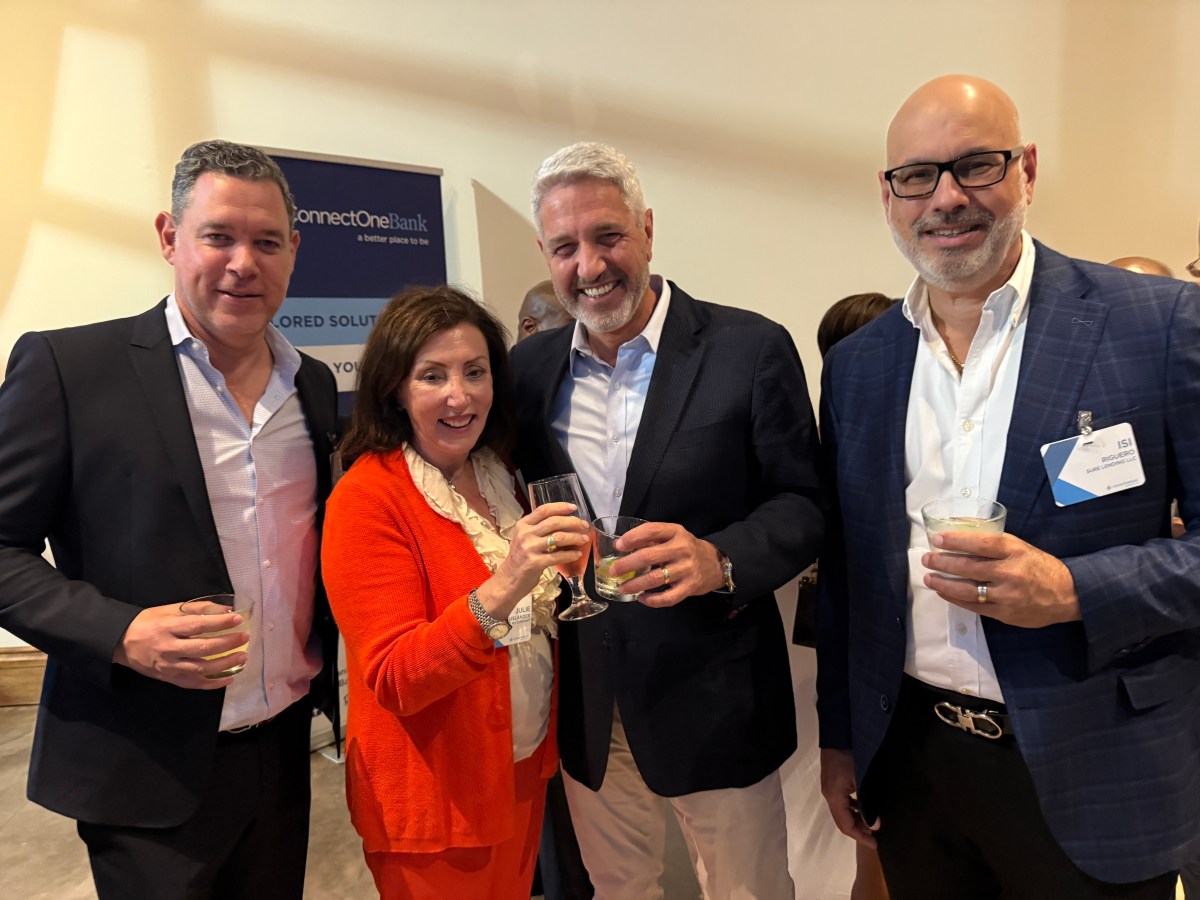Sen Co-owner Jesse Matsuoka on Sag Harbor Success, Surviving the Winter, and Kumiso
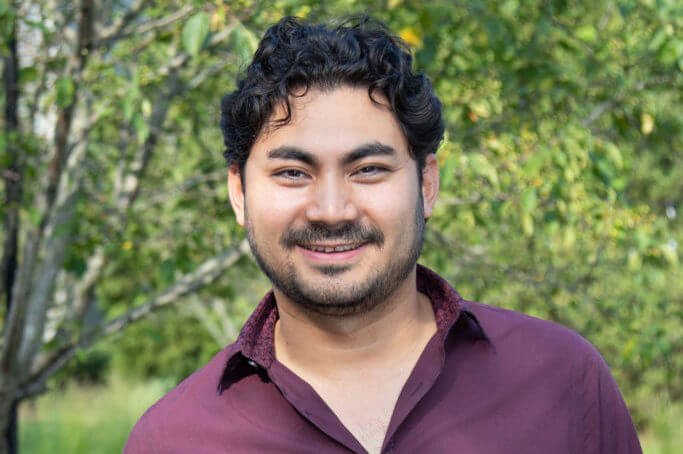
If you’ve spent any time threading your way through Main Street crowds in Sag Harbor, you are probably familiar with Sen, the hugely popular sushi bar and restaurant that, during the high season, rivals just about any eatery in the Hamptons for being a tough-to-get reservation. It’s during the wintertime, however, when Sen truly starts to separate itself from other local restaurants, many of which downshift into shorter service hours, or shut down completely.
Not Sen, though. Seven days a week, 362 days a year — it’s closed for Thanksgiving, Christmas, and employee appreciation day — you can count on Sen to keep the lights on for you when others have gone dark.
It’s during the non-summer months that you learn to appreciate what Sen has done so well, so consistently, for so long. It’s when you also learn what it means to provide year-round hospitality in the Hamptons: Staff members keep their jobs, locals love you for it, loyalty builds in all directions, and a community grows.
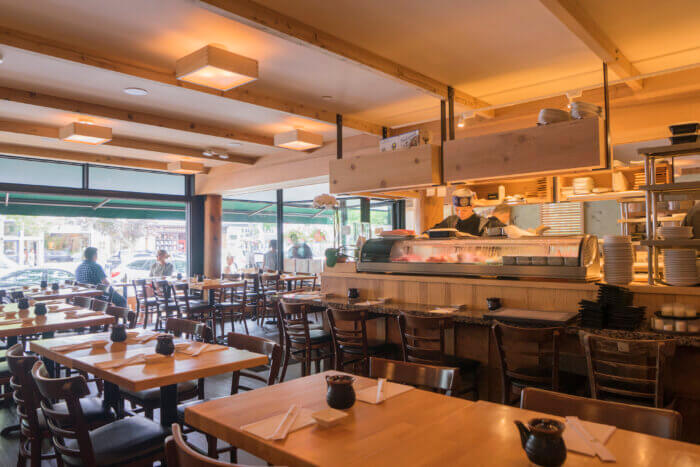
“Everyone can make it in the summertime here, you can sell ice to an eskimo. The issue is how well you execute in the offseason, and that’s where we have thrived,” said Jesse Matsuoka, who co-owns Sen, as well as K Pasa, in the Hamptons’ most walkable village. “We do events, we do chef’s dinners, fundraisers, community things, parties for the staff. We know how to execute at our peak in the Hamptons during the off-season.”
After nearly 30 years in the same place, Sen is in many ways a Hamptons outlier. Ultra-reliable, thoughtfully managed, economically resourceful, culinarily nimble — it’s a charming year-round staple that offers a truly diverse menu with something for everyone. Even during COVID, Sen adjusted on the fly and hit great heights with its well-organized and highly professional takeout program.
Overall, however, margins have gotten much slimmer for restaurants as the world takes its time getting back to “normal,” if it ever does. To make up for some of the losses, Matsuoka introduced a private events program that helped regain some of the financial footing he lost to the pandemic. “It took off,” he said about privately catered events, which are notably trending in the Hamptons. “We had about 75 [private event] bookings going into the summer, tripled the number of requests from the year before.”
In general, Matsuoka says that summer success is great, but also necessary, as dining sales drop off about 75 percent during the winter. “What we make in one day in the summer is one week’s worth of sales in the wintertime,” he said. “The strength that we have is the longevity that we’ve been here, understanding the seasonality, and having that je ne sais quoi to know what’s coming our way.”
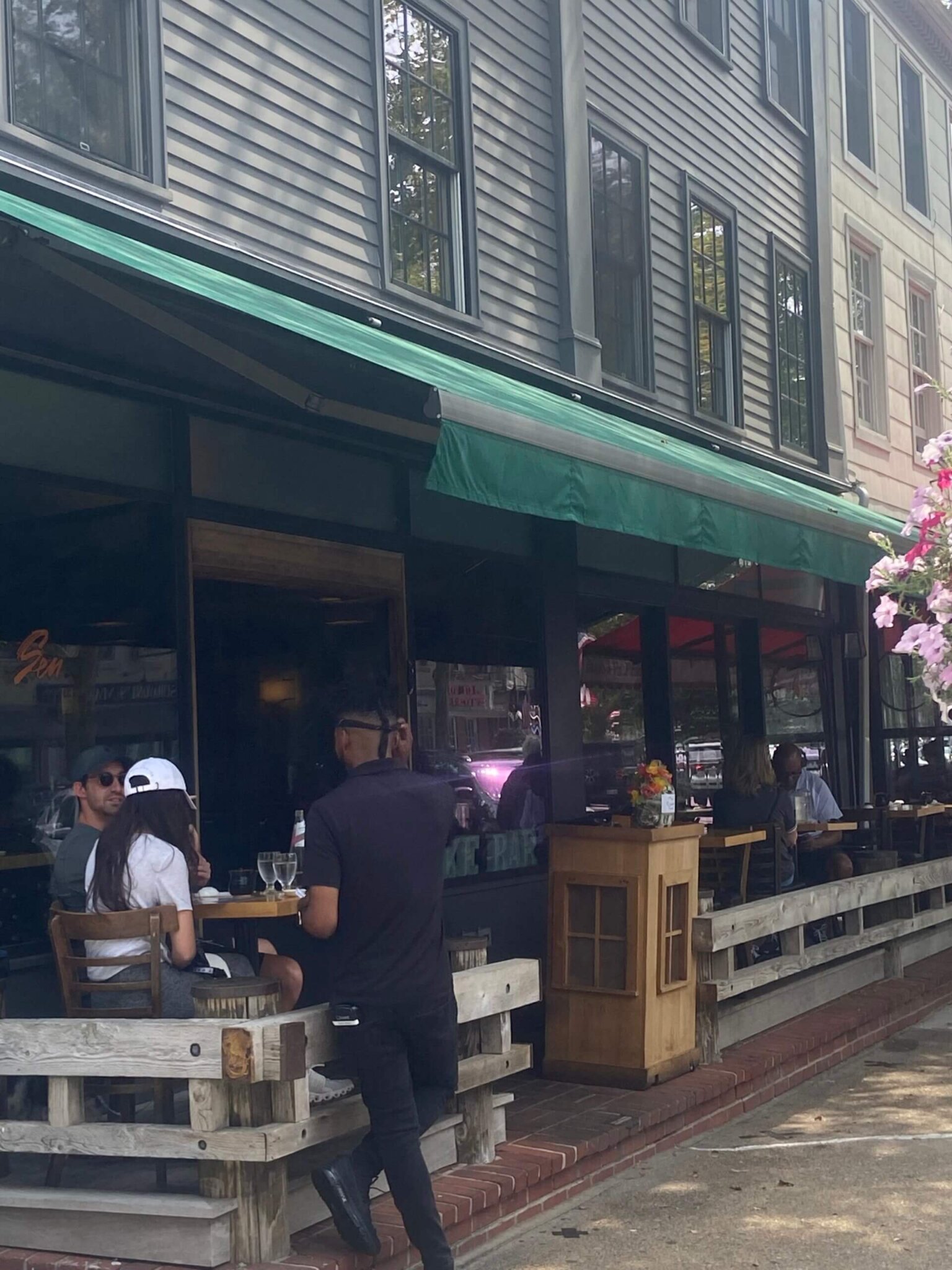
It’s a business model that includes keeping his staff well-oiled and employed year-round (he has up to 75 employees at Sen in the high season), while at the same time making sure to please his loyal, long-time customers, many of whom would never forgive him for keeping shorter or more sporadic hours over the winter.
“There are also so many new homeowners and new restaurants here in the last couple of years, the winter is getting more and more sustainable,” he said. “With that said, it’s going to be very competitive – we know we’ll stick it out because we’ve worked it into our budget … the money we make in the summer supplies and supports our team during the wintertime.”
In what will be music to local business’ ears, he’s also predicting a busier winter out east than last year.
“I’ve been hearing about things being slow [this summer], but I don’t think it applies to Sag Harbor, because look at the number of new operations here,” he said, rattling off the names of several eateries that debuted in the village this summer. “There’s so much new stuff and people like new stuff … Sag Harbor is so centralized, and the new places are bringing new people to the town and we’re all benefiting from it.”
Matsuoka’s passion for restaurants began as a child growing up in Tokyo, one of the world’s most interesting food cities. He often found his way into Tokyo restaurant kitchens, bored of listening to his parents. Eventually, his father, Tora-san, Sen’s original co-owner, put him to work during the summer washing dishes.
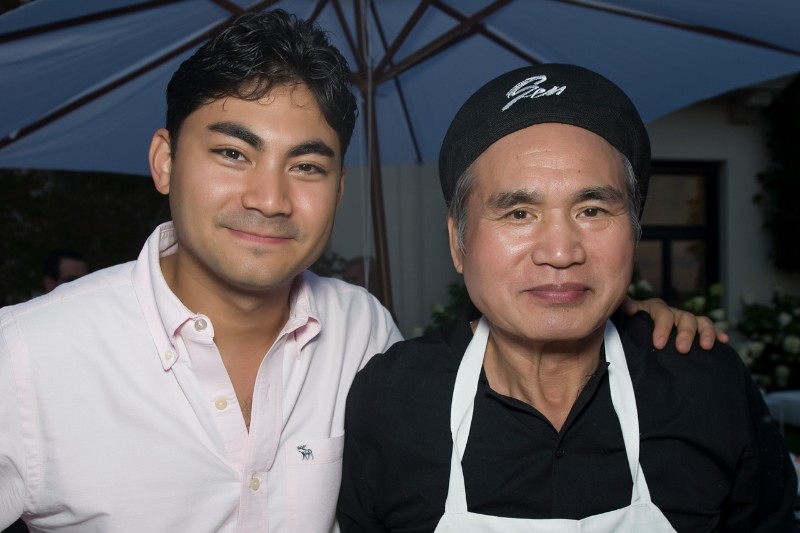
Now a trained chef and licensed sake sommelier, Matsuoka, who lives in Sag Harbor, is busy juggling his long-term vision for Sen with a handful of other restaurant ventures, including K Pasa, also in Sag Harbor, and Manna at Lobster Inn, where he leases space to the current operator, Executive Chef Drew Hiatt.
Most recently, he’s opened Kumiso, in East Hampton Village. It’s a Japanese Izakaya-inspired concept located at 37 Newtown Lane in a space built out of two converted art galleries. He said Kumiso was inspired by a trip to Japan he took in 2019 with his English-born business partner.
“I showed him the real alleyway restaurant experience,” said Matsuoka. “East Hampton really needed something accessible, at a relatively affordable price-point, in the village. This space that we have now is like literally in an alleyway … the landlord is a longtime guest of Sen, and the Mayor was like, ‘You gotta be here.’ It just made sense for us to do this concept.”
Although he’s Japanese-born and a formally trained chef, his team still brought in consultants to sharpen the focus, so that Kumiso is approachable, memorable and social-media-ready. “Between the two of us (him and his partner) we understand we can always find people who know more than us.”
The small menu they created at Kumiso is comprised of creative takes on Asian street-food appetizers, like gyoza and baby corn fries, plus fun spins on ramen, sushi rolls, buns, and salads. It’s designed to be an “everyday” eatery in increasingly upscale East Hampton Village.
“We understood what was missing in the heart of the East Hampton,” said Matsuoka. “It’s a breath of fresh air. We don’t have a huge menu, but the diversity of the offerings help speak to a wider demographic.”
Kumiso is located at 37 Newtown Lane, East Hampton, kumiso.com



